Due to the conflict in Ethiopia, there are problems with coffee transportation, and the government considers using railway transportation for diversion. Recently, according to the report of the Ethiopian Reporter Network, the current Ethiopian government has experienced internal chaos, and the security situation is worrying. There have been many cases locally, such as kidnapping, theft, and even murder. Especially in the Amhara state and the west and north of Oromia state in Ethiopia. At present, the Ethiopian government considers railway transportation and considers joining private enterprises.
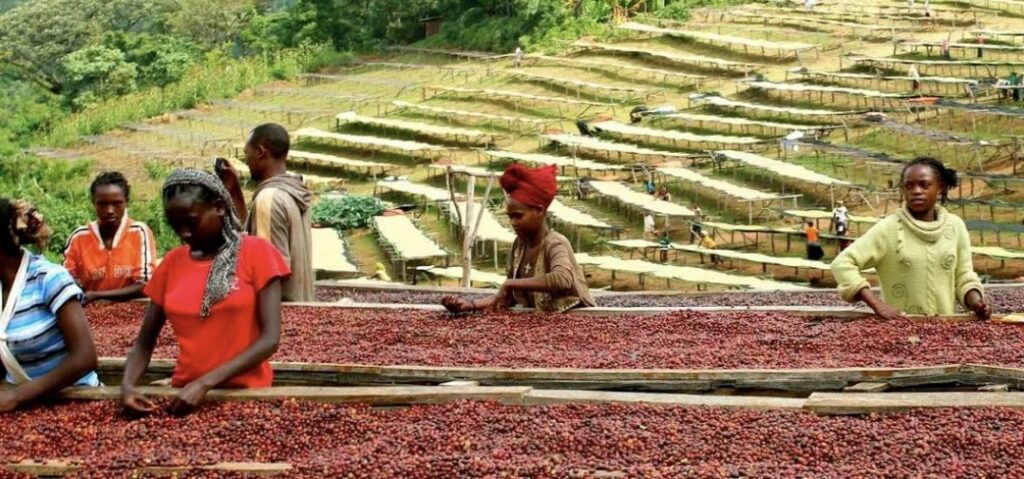
In fact, since 2022, the civil war in the country has reached a peace agreement, but violent incidents still continue to occur. However, since coffee exports can increase foreign currency (USD) income for the purchase of weapons in the international market, since the Tigray war broke out, the coffee production and exports in Ethiopia have continued to increase, but currently, the domestic transportation has affected the import and export situation.
Recently, there have been many reports of drivers being extorted, violently attacked, or even murdered, which has caused significant casualties, property losses, and serious economic impacts. This situation has seriously affected the country’s transportation industry and the operators of freight trucks and public transportation services.
Due to frequent armed attacks, the Ethiopian Heavy Truck Drivers Association has designated the Eastern Shewa area in the Oromo region and other routes as “dangerous areas”. This situation poses a major threat to the Ethiopian economy. Ethiopia’s main exports, such as leather, gold, and coffee beans, and imported materials all need to pass through the port of Djibouti, and the route in the Eastern Shewa area is the necessary route to the port. And coffee exports account for 30% to 35% of Ethiopia’s export income. If this situation continues, it may exacerbate inflation and economic recession.

However, the Ethiopian government has begun to consider railway transportation to solve the freight problem, and transportation and logistics department officials are considering allowing the participation of the private sector in railway freight to reduce transportation costs and market commodity prices. The earlier railways were rarely chosen by traders due to the long transportation time.
At present, Ethiopia’s railway infrastructure and operators are owned by the state. The largest railway transportation company, the Ethiopian-Djibouti Standard Gauge Railway Transportation Company, has 75% of its shares owned by the Ethiopian government, while the Djibouti government holds a minority stake. Recently, the railway department has been conducting feasibility studies to explore the possibility of private sector participation in railway transportation, and many coffee traders are very interested in this. In addition, the senior management of the state-owned Ethiopian Railway Company believes that the participation of private enterprises can largely reduce the impact of logistics and transportation obstacles on bulk commodity prices. At present, according to government reports, bulk commodity prices may reach up to 45% of the cost.
However, there are still many problems with this railway. The Ethiopian-Djibouti railway can transport 10 million tons of goods per year, but its transportation volume is far below its potential, and it faces animal and human obstacles and security issues, which make the speed of this railway slow to 30 kilometers per hour. If private enterprises can invest, it will benefit the transportation and logistics sector and strengthen the import and export logistics.

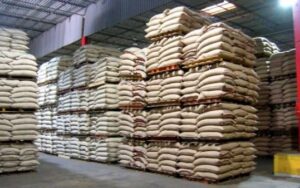

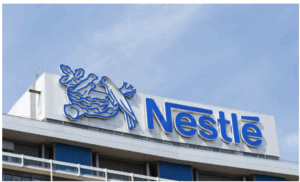





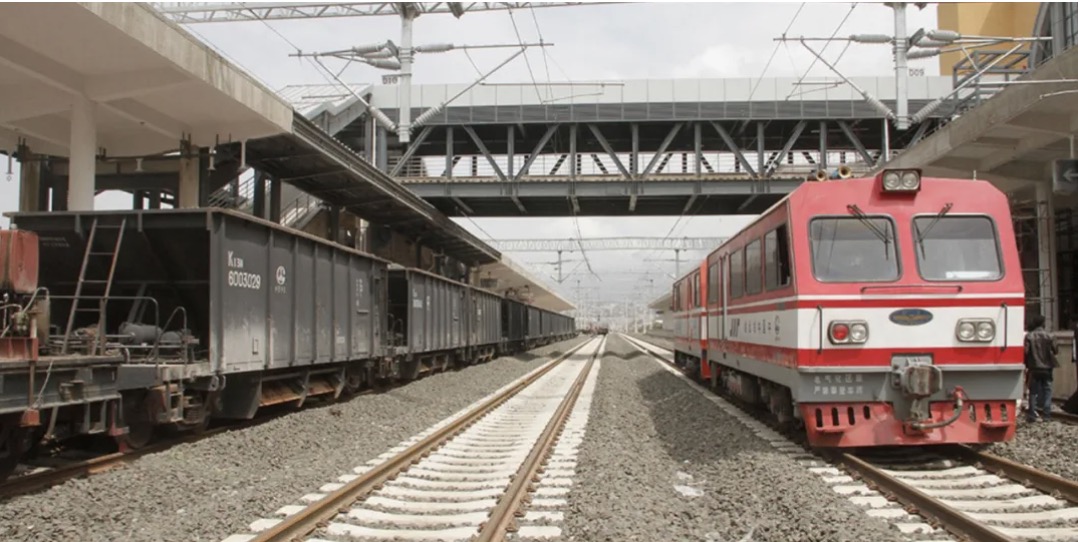
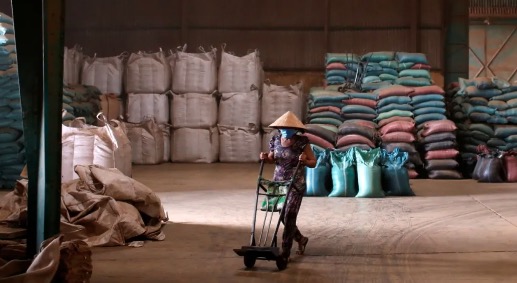
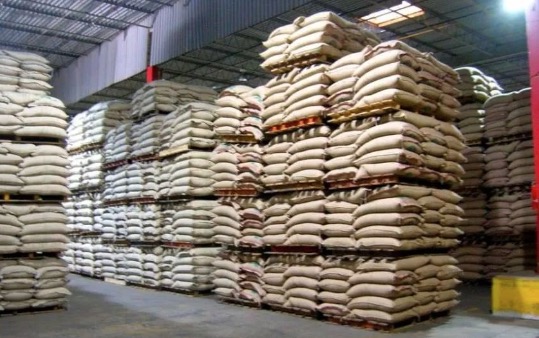



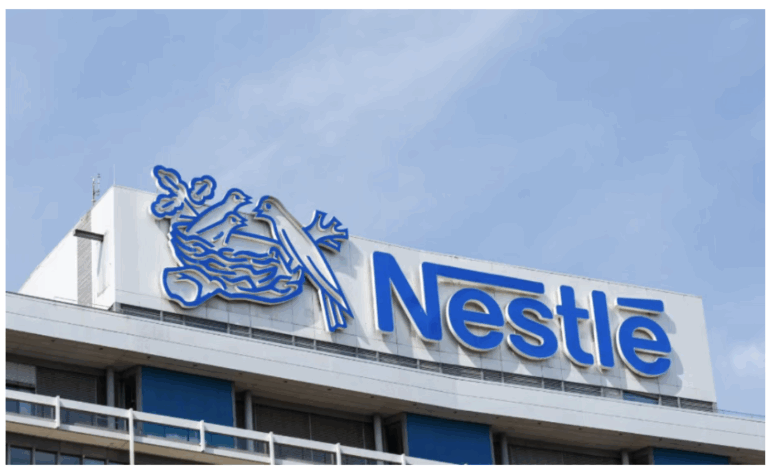



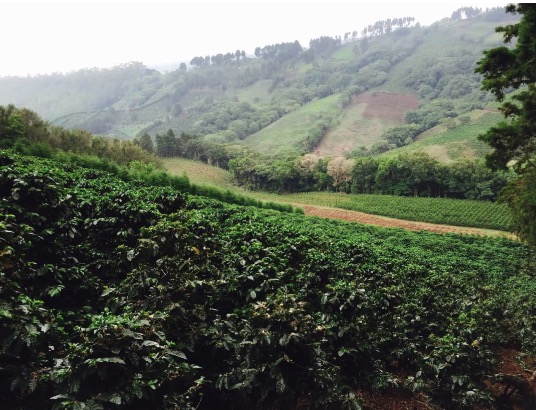
+ There are no comments
Add yours